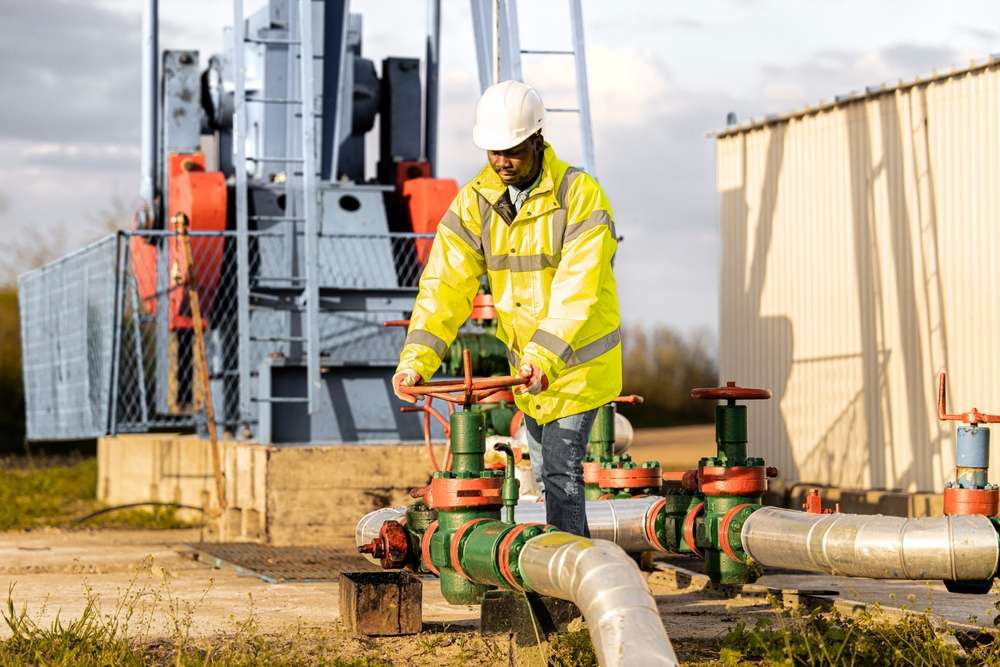Navigating Asphalt Careers: Japan's Road Construction Landscape
Discover the unique aspects of Japan's road construction industry, from cutting-edge technology to stringent quality standards. This comprehensive overview explores the skills, qualifications, and environmental practices shaping the field of asphalt work in Japan, offering insights into the country's approach to infrastructure development and maintenance. Learn how Japan's commitment to innovation and sustainability is influencing the future of road construction.

Japan’s road construction sector stands as a testament to the country’s dedication to excellence and innovation. This overview delves into the intricacies of asphalt work in Japan, highlighting the distinctive features that set it apart from global practices.
Core Competencies in Japanese Asphalt Work
Professionals in Japan’s asphalt industry must master a range of specialized skills:
- Precision in Ground Preparation: Meticulously preparing construction sites to meet Japan’s exacting standards.
- Foundation Mastery: Expertly laying and solidifying road base layers to ensure long-term stability.
- Advanced Material Blending: Operating sophisticated equipment to create high-performance asphalt mixtures.
- Cutting-Edge Paving Techniques: Utilizing state-of-the-art machinery for precise asphalt application.
- Optimal Surface Finishing: Employing advanced compaction methods to achieve superior road smoothness.
- Rigorous Quality Assurance: Adhering to Japan’s stringent quality control measures throughout the construction process.
Beyond these primary tasks, professionals often engage in ongoing maintenance, including pothole repair and crack sealing, to preserve Japan’s extensive road network.
Japan’s Unique Approach to Road Construction
The Land of the Rising Sun has cultivated a distinct methodology in road construction:
- Technological Prowess: Embracing automation and high-performance materials to enhance efficiency and durability.
- Resilience-Focused Design: Incorporating engineering techniques to withstand seismic activity and extreme weather events.
- Uncompromising Quality Standards: Implementing government-mandated specifications to ensure infrastructure longevity and safety.
- Urban Noise Mitigation: Pioneering the use of sound-absorbing pavements to improve quality of life in densely populated areas.
- Material Recycling Leadership: Spearheading initiatives to repurpose asphalt, promoting sustainability in road construction.
Qualification Framework for Asphalt Professionals in Japan
Aspirants in Japan’s asphalt sector typically need to meet the following criteria:
- Educational Background: While a high school diploma is the baseline, specialized training in construction or civil engineering is highly valued.
- Industry Certifications: Acquiring relevant qualifications in road construction, equipment operation, and safety protocols.
- Linguistic Proficiency: Although not always mandatory, Japanese language skills can significantly enhance on-site communication and safety compliance.
- Physical Readiness: Maintaining robust health to manage the physically demanding nature of asphalt work across diverse weather conditions.
- Safety Awareness: Demonstrating thorough understanding of Japan’s occupational safety regulations within the construction industry.
- Technical Acumen: Exhibiting proficiency in road construction methodologies, asphalt composition, and equipment handling.
International professionals interested in this field should also navigate Japan’s work visa requirements and specific regulations for foreign labor in construction.
Industry Outlook and Career Trajectory
The asphalt sector in Japan presents a promising outlook, driven by several factors:
- Infrastructure Revitalization: The need to upgrade aging roads and highways built during Japan’s economic boom years.
- Disaster Resilience: Ongoing investments in infrastructure capable of withstanding natural calamities, ensuring continuous demand for skilled workers.
- Urban Evolution: Continuous urban development projects creating opportunities in new road construction.
- Technological Integration: The advent of innovative materials and techniques opening avenues for specialization and career advancement.
- Global Reach: Potential for experienced professionals to participate in international projects led by Japanese construction firms.
Environmental Stewardship in Japanese Asphalt Construction
Japan leads in sustainable asphalt practices, implementing:
- Material Reuse: Achieving high rates of asphalt recycling to minimize waste and resource consumption.
- Energy-Efficient Production: Adopting warm mix asphalt technology to reduce energy use and emissions.
- Water Management Solutions: Implementing permeable pavements to aid in groundwater recharge and runoff reduction.
- Acoustic Engineering: Developing specialized surfaces to mitigate urban noise pollution.
- Emission Control: Enforcing strict regulations on construction equipment and vehicles to lower the industry’s carbon footprint.
Professionals in Japan’s asphalt sector must stay abreast of these eco-friendly innovations, as they increasingly define the industry’s direction.
Conclusion
Japan’s asphalt industry exemplifies a harmonious blend of traditional craftsmanship and technological innovation. The sector’s unwavering commitment to quality, safety, and environmental responsibility creates a dynamic and challenging professional landscape. While not a direct source of job opportunities, understanding these aspects of Japan’s road construction industry provides valuable insights into the country’s approach to infrastructure development and maintenance, showcasing the high standards and innovative practices that characterize this field in Japan.






